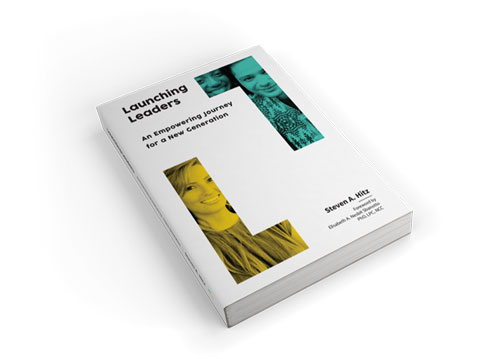I grew up in an era when someone could say “That person is spiritual” or “That person is religious,” and it would mean the same thing. That is not the simple world we live in anymore.
A majority of Millennials describe themselves as spiritual but not necessarily religious. In this article I would like to explore the differences and try to find union in the two.
Fr. Anand Muttungal stated the following in trying to decipher the difference between religion and spirituality: “Religiosity is often mistaken by the undiscerning believer for spirituality. We must understand that there is a world of difference between the two. The former is human, the latter is divine. Blind adherence to the law could make people religious, but not spiritual. Religiosity is taken up with the external and visible things and law is a cobweb that keeps all within its ambits. Will it be true to say that all religious founders gave a book of law to reach to the Supreme Spirit, but its care takers use the laws to control life and death?”
About 70 percent of the Millennials no longer attend church. They seek to be spiritual without necessarily being religious. Many assume that since they don’t attend church, they lack faith and are not spiritual. This assumption is absurd as a recent poll by Chris Folmsbee (expert in Millennial ministry) found that nearly 40% of these young adults highly value the practice of prayer, which is both a spiritual and faithful act.
“Religion is to spirituality as language is to learning.” This quote by Dennis Prager requires some pondering, but essentially states that spirituality without religion or vice versa, doesn’t complete the picture; just as a person’s ability to learn is limited by one’s command of the language and vice versa.
More on this later; but for now, let me iterate from A-Z some of the main purported differences between religion and spirituality.
- A – Religion usually entails adhering to a certain dogma or belief system.
- B – Spirituality places little importance on intellectual beliefs, but is concerned with growing into and experiencing Divine consciousness.
- C – Religion is often about loyalty to institutions, clergy, and rules.
- D – Spirituality is about loyalty to justice and compassion.
- E – Religion talks about God.
- F – Spirituality helps make us Godly.
- G – Religion is belief in someone else’s experience.
- H – Spirituality is having your own experience.
- I – Religion tends to invoke fear and consequences.
- J – Spirituality makes you aware of consequences without a focus on fear.
- K – Religion “tells” you the truth.
- L – Spirituality lets you discover truth by yourself in your own unique way.
- M – Religions tell the parishioners their way is truth and right.
- N – Spirituality sees the truth in all religions and seeks unity despite differences and uniqueness.
- O – Religion can make one dependent (if you attend church you are worthy and happy).
- P – Spirituality finds happiness from the Divinity within.
- Q – Religion tends to apply punishment (if rules are broken, there will be a punishment).
- R – Spirituality creates its own “Karma.”
- S – Religion is about “believing.”
- T – Spirituality is more about “Being.”
- U – Religion often includes rituals.
- V – Spirituality is more focused on doing personal spiritual things (prayer, meditation, reading scripture).
- W – Religion often promotes a creed with a defined code of ethics.
- X – Spirituality is more nebulous and undefined.
- Y – Religion is more tangible.
- Z – Spirituality is more abstract.
Millennials find less fulfillment in church because they believe that the bureaucracy of it smothers the spiritual benefits. They don’t like hierarchal leadership in the religious setting, and yet they seek to be connected to a higher supernal power. That relationship can be hierarchal in nature also, but to them it’s a direct line without layers of dogma to define whom they worship. They don’t appreciate judgment or being judged, which they believe is more aligned with religion than spirituality.
In part two of this blog post, I’ll explore how to bridge the gap between spirituality and religion for your Millennials.






